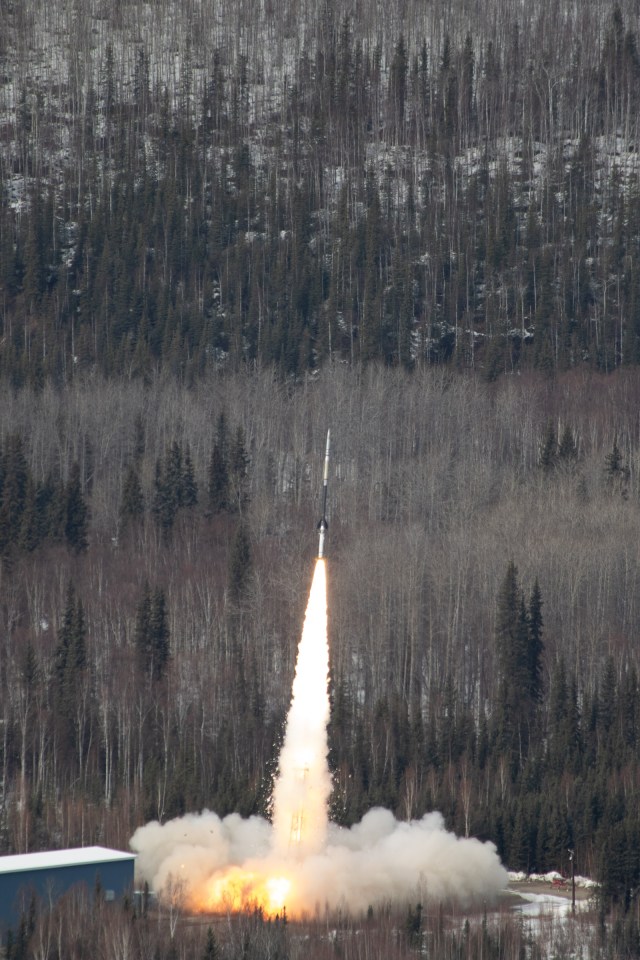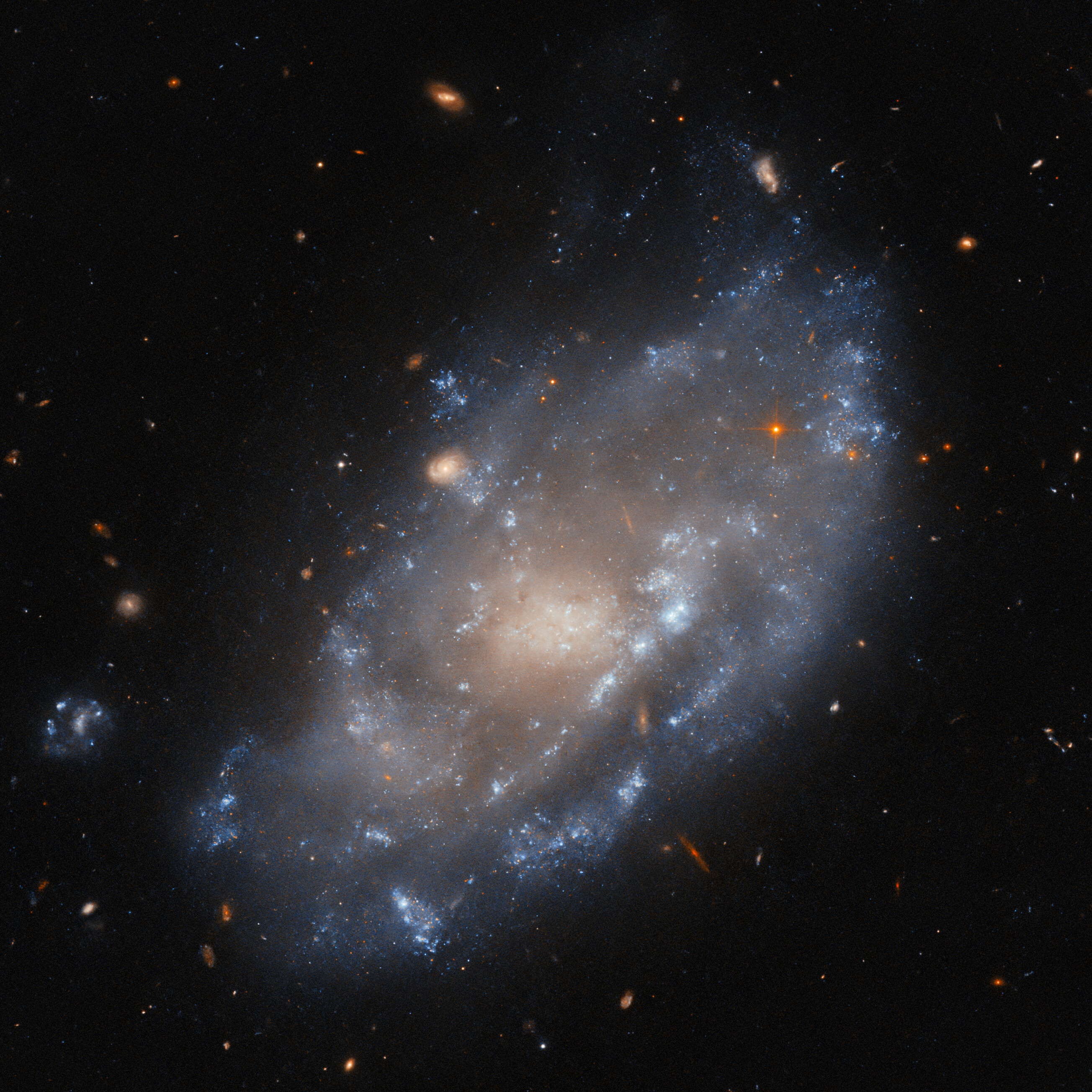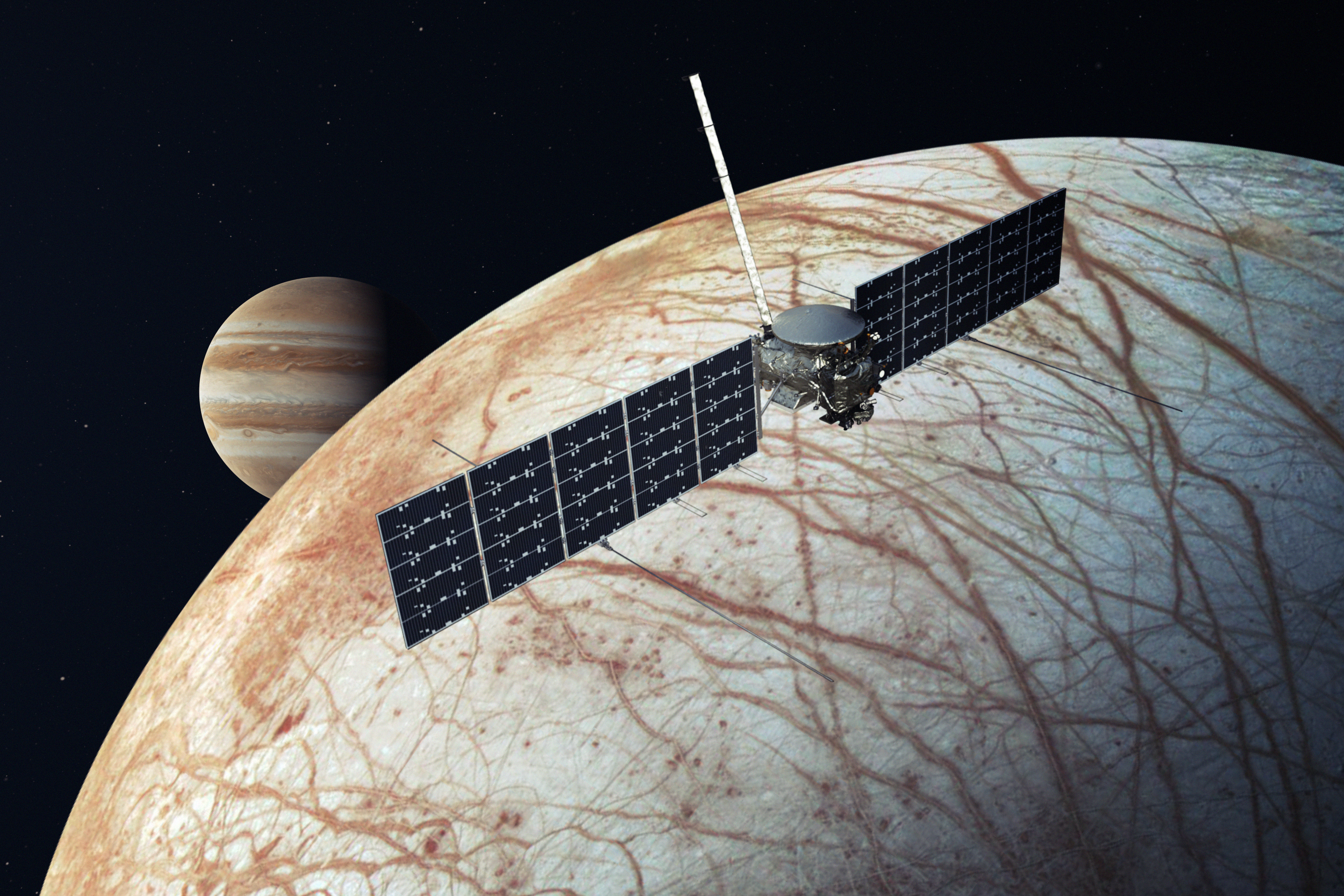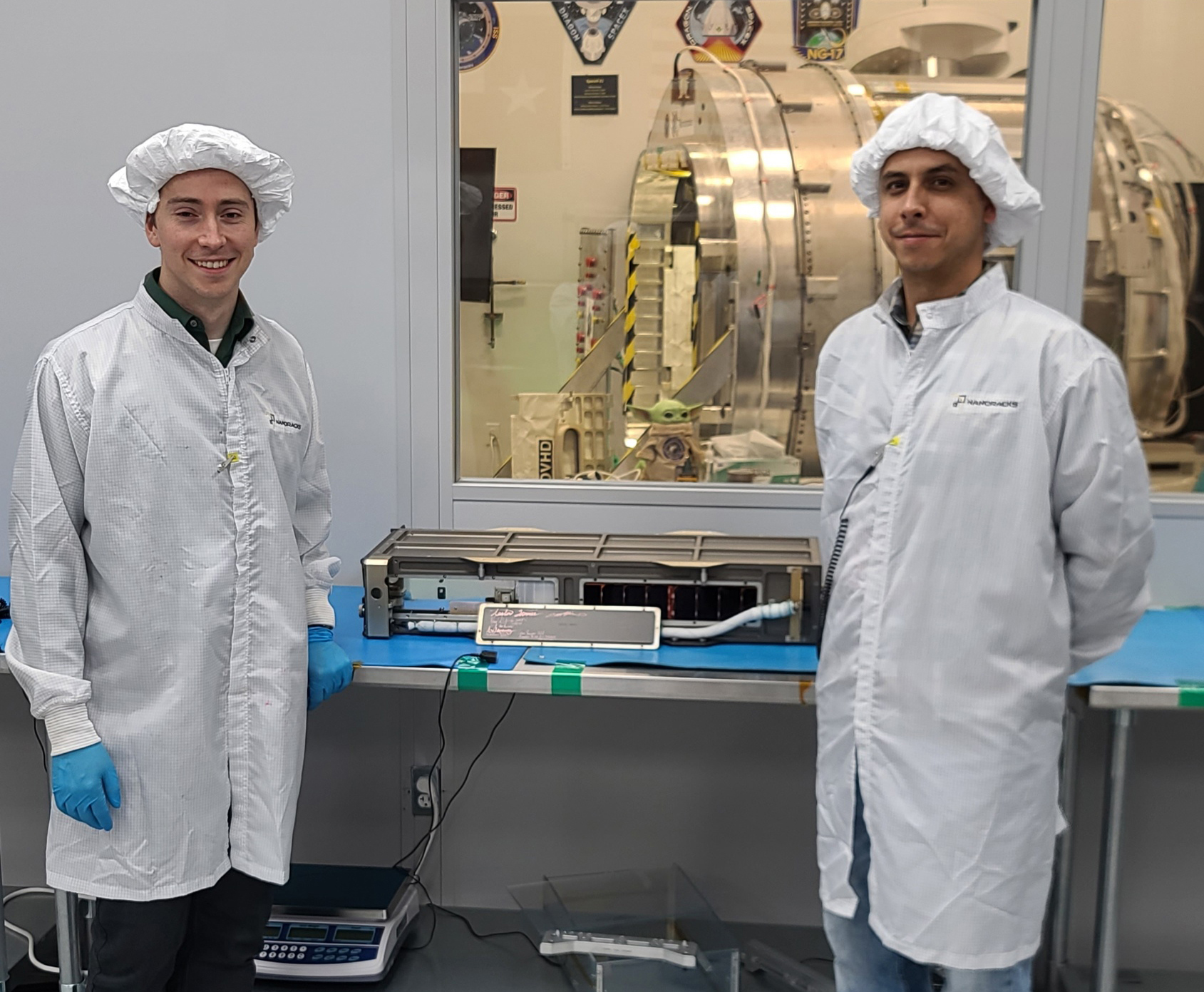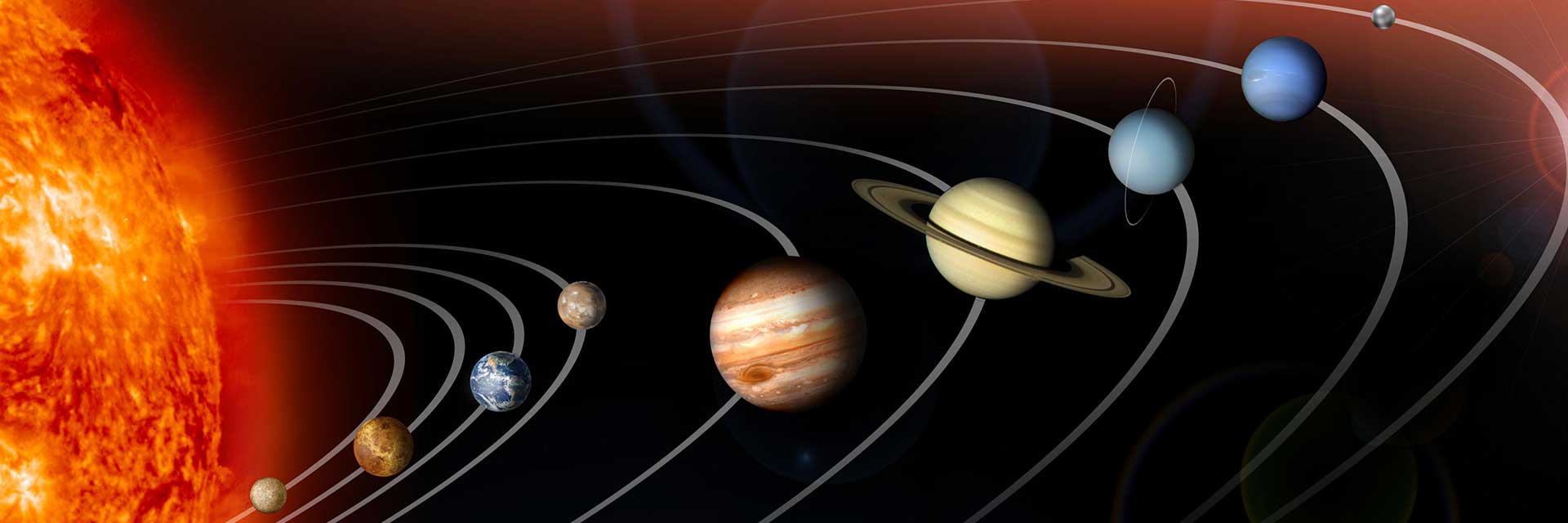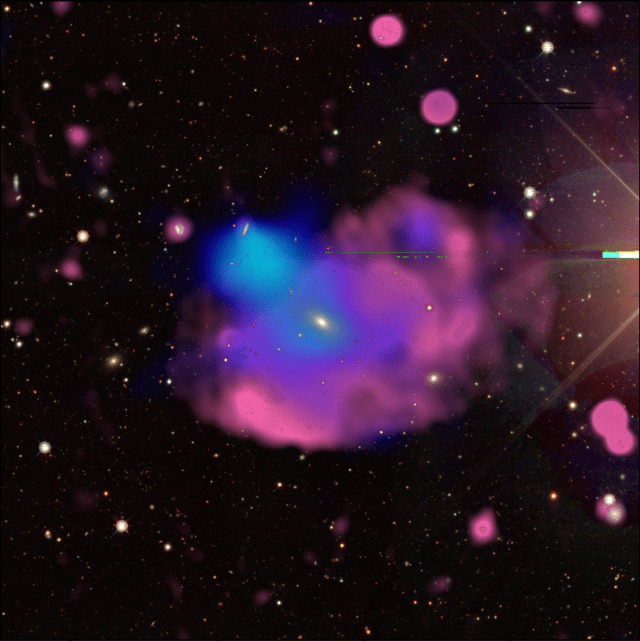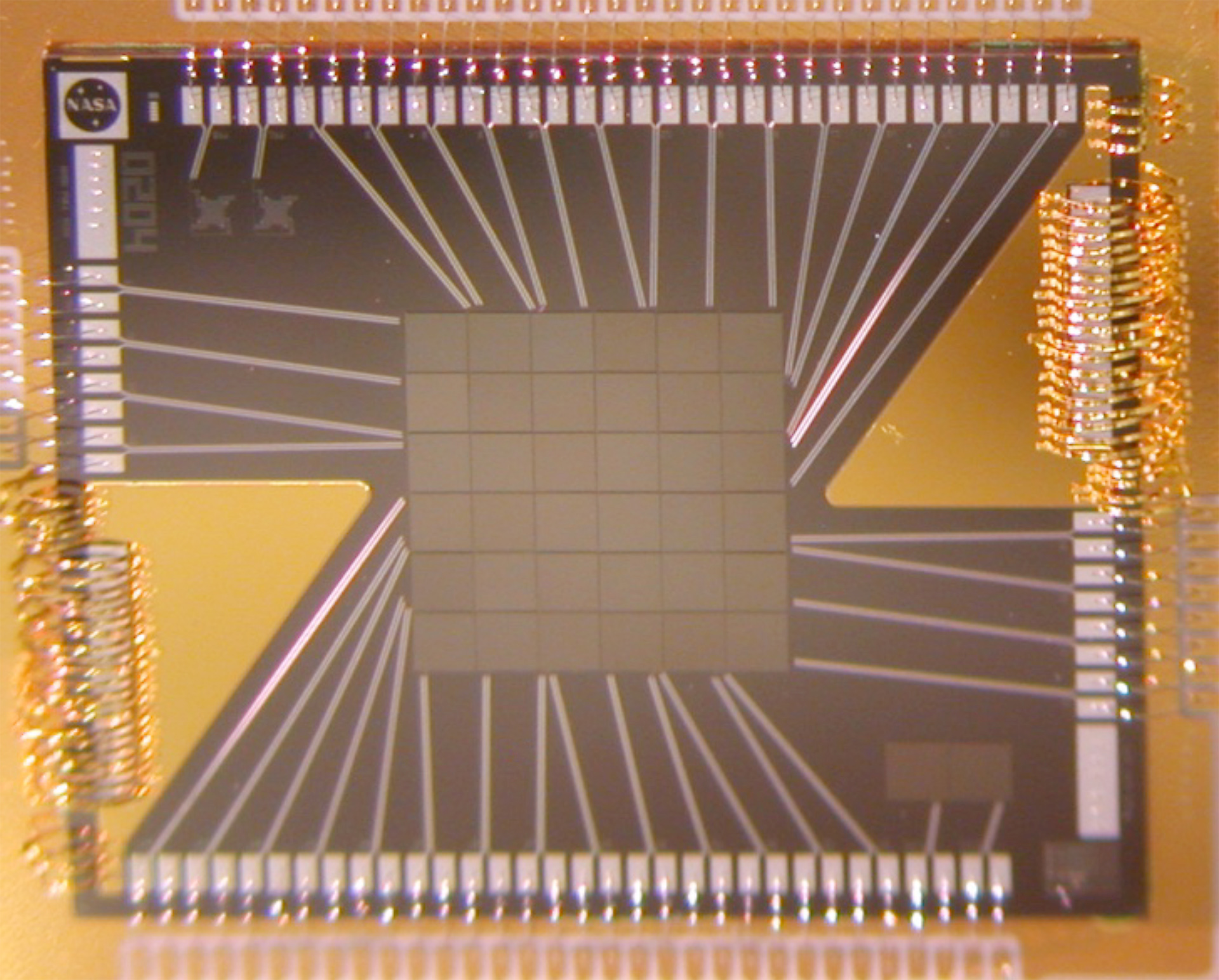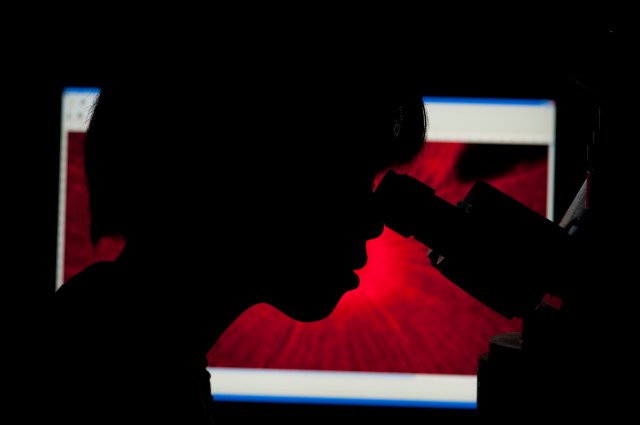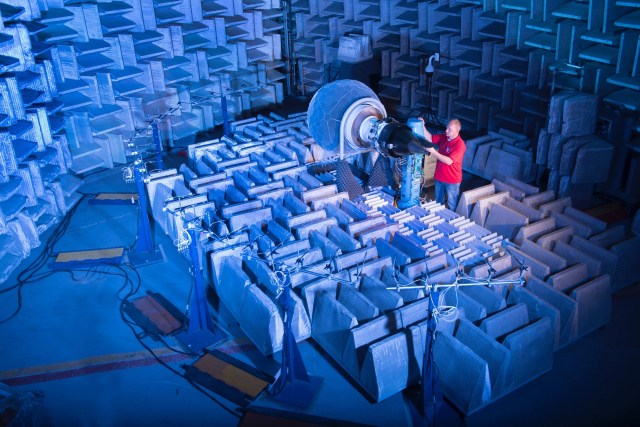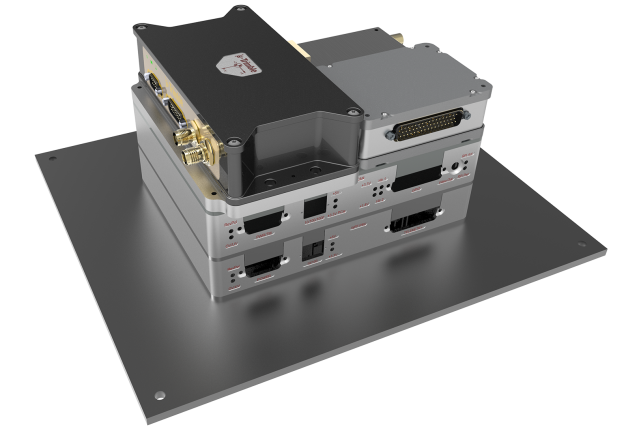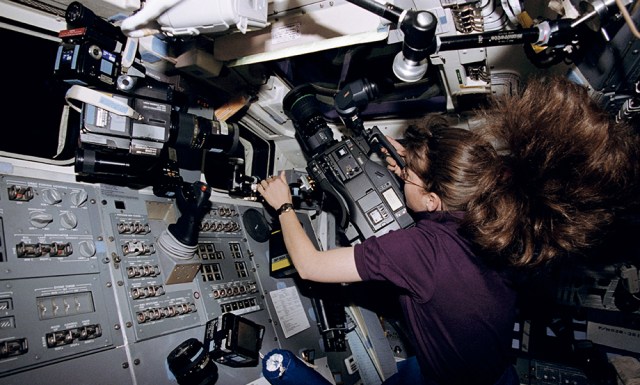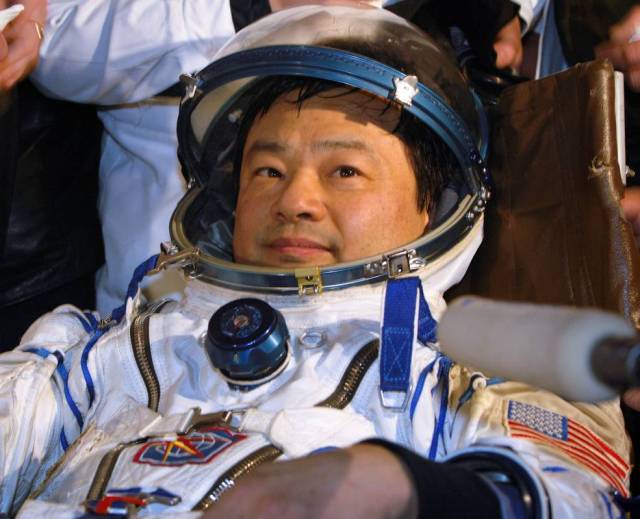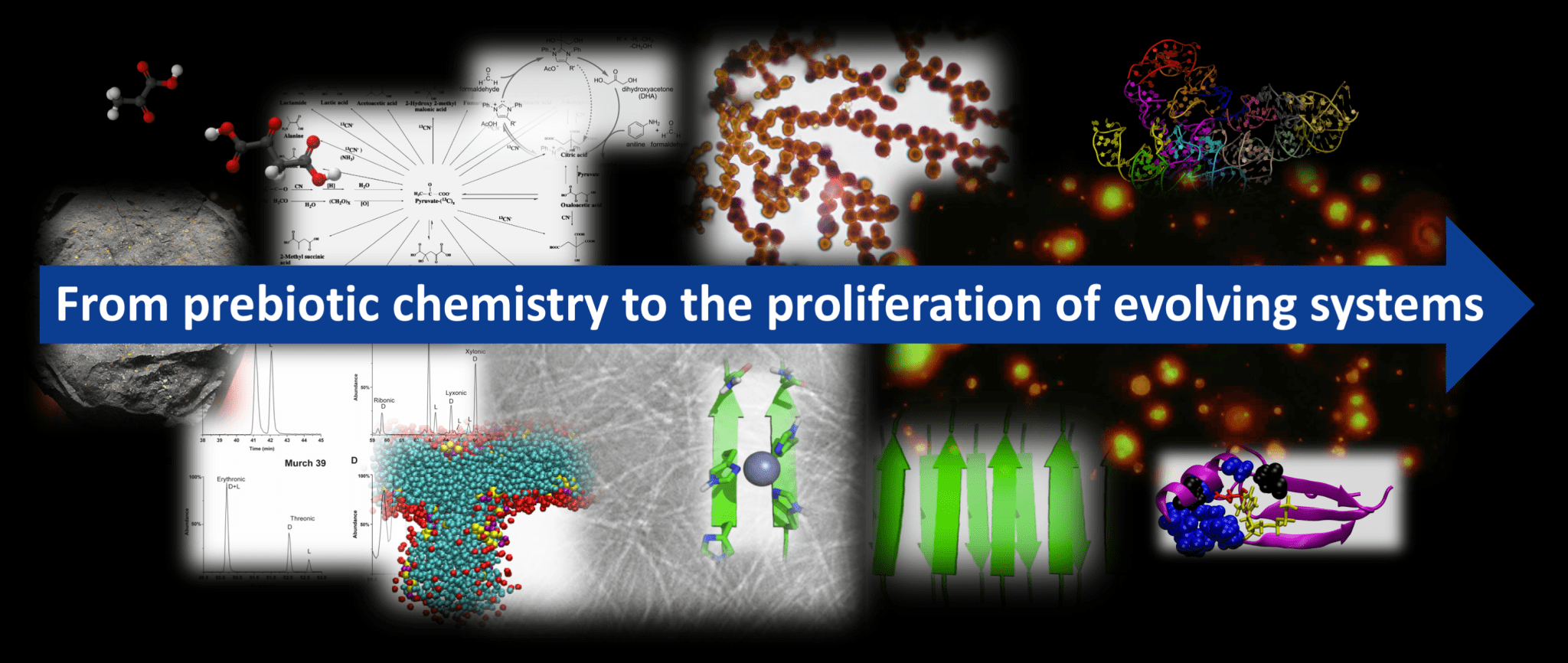Synthetic biology
Synthetic biology – engineering life to have new capabilities – is a powerful new tool that often integrates molecular biology, bioengineering, systems biology and mathematical modeling. While it is revolutionizing fields as diverse as manufacturing and agriculture on Earth, and ultimately off-planet, it also can serve as a powerful tool to learn about questions in astrobiology, including the origin of life. As an engineering discipline, it allows us to explore the “what if?” hypotheses. We use this approach to tackle questions of the origin of amino acids, the role of proteins in the origin of life and the evolution of extremophiles.
Recent work by CEL scientists in synthetic biology
- Fujishima, K., Wang, K. M., Palmer, J. A., Abe, N., Nakahigashi, K., Endy, D., & Rothschild, L. J. (2018). Reconstruction of cysteine biosynthesis using engineered cysteine-free enzymes. Scientific reports, 8(1), 1776. pdf
- Fujishima, K., Venter, C., Wang, K., Ferreira, R., & Rothschild, L. J. (2015). An overhang-based DNA block shuffling method for creating a customized random library. Scientific reports, 5, 9740. pdf
Additional work by members of CEL can be found on our publications page


